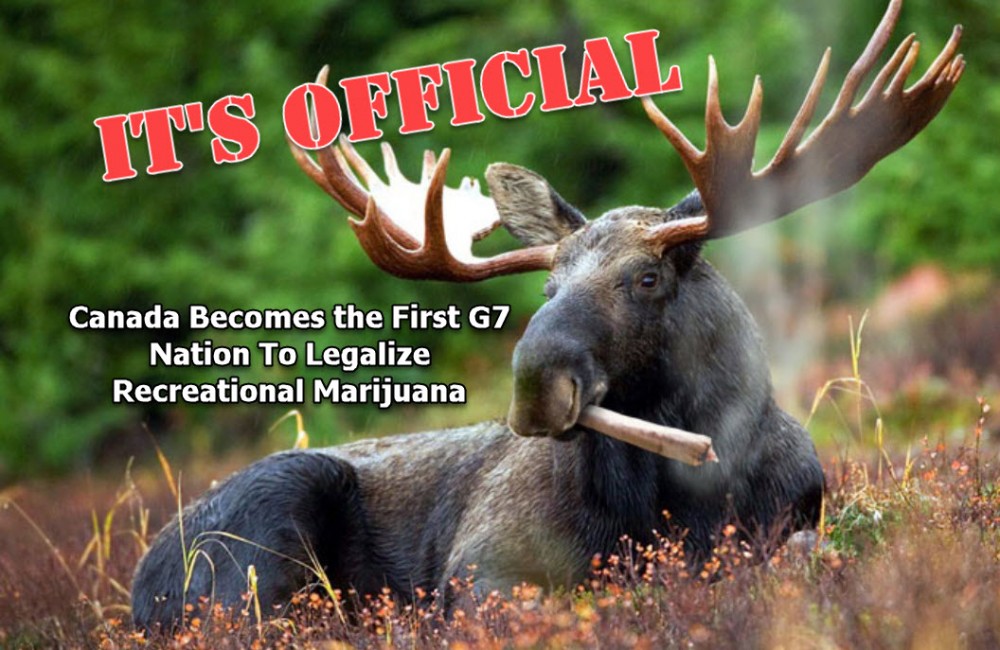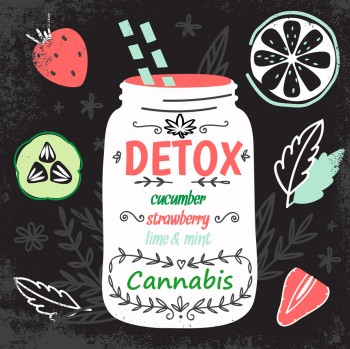Everyone In Canada Can Enjoy Weed, Except Koreans And Japanese
Canada’s recent legalization of recreational cannabis has been in effect since October 17. While most of the country is rejoicing, not everyone will be able to partake – specifically, nationals of Korea and Japan.
Last October 4, the Japanese Consulate in Vancouver posted on its website, stating that even as the country gears up to legalize possession and consumption of cannabis, doing so remains illegal in Japan and that the Cannabis Control Law would be applicable for what Japanese nationals do abroad – including Canada. The consulate advised Japanese nationals who live abroad not to partake in cannabis consumption including both food and drinks.
According to Japanese law, growing, importing, and exporting cannabis may lead to up to 7 years in prison. A Health, Labor and Welfare Ministry official says that all people and not just nationals of Japan are subject to the law, no matter where in the world they are. However, authorities are limited in what they can do to run after persons who violate the law especially if they live in a country where cannabis is legal. “It boils down to whether it can be proven that someone had committed acts in question while abroad after that person returns to Japan,” says the official. “It’s probably difficult to go abroad a case unless it involves a situation in which the person has been caught abroad and deported to Japan.”
John Babcock, spokesman for Global Affairs Canada, told The Japan Times that cannabis legalization in Canada wouldn’t lead to a change in their border rules. “Taking cannabis or any product containing cannabis across Canada’s international borders – either exiting or entering – will remain illegal and it can result in serious criminal penalties both at home and abroad. Transporting cannabis used for medical purposes will also remain illegal,” Babcock explains.
“Each country or territory decides who can enter or exit through its borders. The Government of Canada cannot intervene on your behalf if you do not meet your destination’s entry or exit requirements,” he says.
Japan isn’t looking at relaxing its stance towards cannabis any time soon, and the number of high-profile arrests recently have put the limelight on cannabis. Last year, a former actress by the name of Saya Takagi was suspended and sent to prison for one year because she was caught for possession of around 55 grams of cannabis. Koki Tanaka, former boy band member of Kat-tun, was also arrested for possession of a small amount of cannabis, although he denied the claims and prosecutors decided not to go after him.
The same rules follow for South Koreans. The South Korean embassy in Canada tweeted: “Even if South Koreans are in a region where marijuana is legal, it will be illegal for them to consume it. Please take care not to commit an illegal act and be punished,” reads the tweet.
South Korean law states that cultivation, possession, consumption, and transportation of cannabis is punishable by up to 5 years in prison, or a fine amounting to around $44,000. Canada is currently home to roughly 23,000 South Korean students on exchange, and by May 2018, there were around 293,000 South Korean citizens in Canada.
“Weed smokers will be punished according to the Korean law, even if they did so in countries where smoking marijuana is legal. There won’t be an exception,” says Yoon Se-jin, who oversees the anti-drugs division of the Gyeonggi Nambu Provincial police agency. According to The Korea Times, the Korean police disclosed that they plan to conduct workshops in both Canada and Urugay, countries where cannabis is legal for recreational purposes, to make it clear that smoking cannabis in either country may lead to serious repercussions.
It’s not uncommon for prosecutors to indict returning citizens who have consumed pot; even those who dabble in gambling are not spared. Both gambling and cannabis consumption are illegal in South Korean soil. Although Korean authorities don’t usually conduct random drug testing on citizens who return home, they do keep an eye on people who have been charged with cannabis crimes in the past, even going as far as using the internet to catch people. South Korea has one of the strictest drug laws in the world, and last year the police reported 8,887 cases of drug crimes.
Everyone In Canada Can Enjoy Cannabis, Except Koreans And Japanese People. from CannabisNet on Vimeo.
OTHER STORIES YOU MAY ENJOY...
CANNABIS LEGALIZES CANNABIS, READ ABOUT IT HERE, CLICK.







